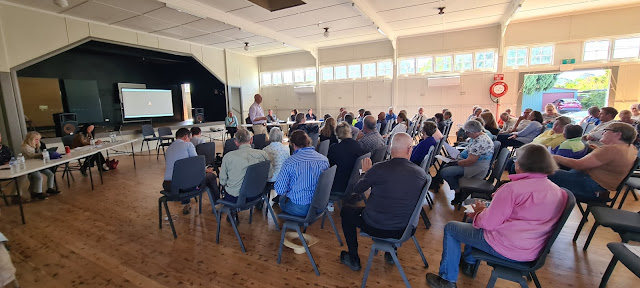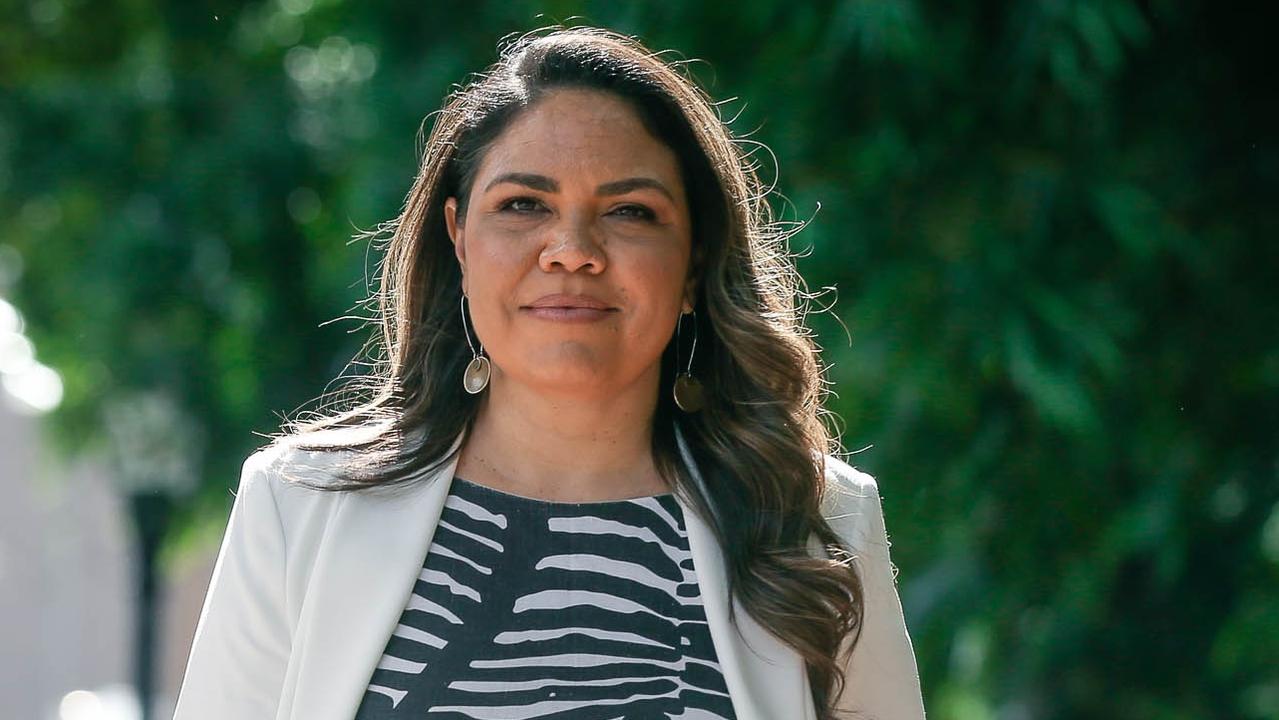 |
| Japanese-made electric bus on display at the Osaka Mobility Show, 8 December 2023. |
Transport Minister Chris Steel has advised that we will have to wait until after the ACT election for the business case for stage 2B of the tram network. But with the ACT Government’s tram project central to reducing emissions, why are we waiting? Is light rail really the environmental panacea it is cracked up to be? We need to be focusing on developing local skills, rather than relying on a privatised tram network to take care of Canberra’s future.
My latest article in The Canberra Times, available here: https://www.canberratimes.com.au/story/8456049/why-canberra-should-develop-workers-green-transport-skills/?cs=14246.
 Donate
Donate





























%20CC%20BY%20SA%204.0%20Katie%20Chan.jpg)






 The Political Flâneur: A Different Point of View
The Political Flâneur: A Different Point of View